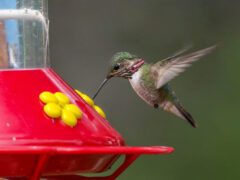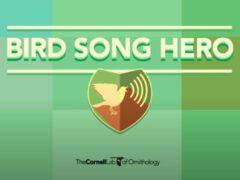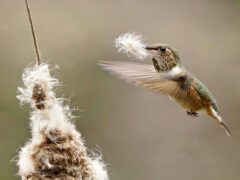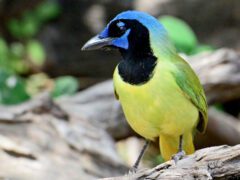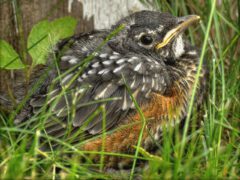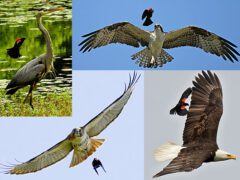European Robin Similar Species Comparison
Main SpeciesEuropean Robin
Adult
A small, plump songbird with an orange breast and face, a whitish belly, and brownish upperparts. Stands upright on long legs.
© Ryan Schain / Macaulay LibraryUlster, September 10, 2016Adult
A small songbird with an orange face and breast, gray sides, white belly, and olive-brown upperparts.
© Josep del Hoyo / Macaulay LibraryCataluña, March 08, 2014Adult
A narrow band of gray feathers separates the orange-red face and breast from the olive-brown upperparts.
© Anonymous / Macaulay LibraryRogaland, April 06, 2015Juvenile
Juvenile lacks adult’s bright colors and crisp pattern. It has fine buffy streaks on its upperparts and head and has a mottled look below.
© Brooke Miller / Macaulay LibraryScotland, June 01, 2015Adult
Feeds mainly on ants, beetles, and other invertebrates found on the ground.
© Josep del Hoyo / Macaulay LibraryCastilla y León, August 24, 2021Adult
Perches unobtrusively in thickets, hedgerows, and forest undergrowth.
© Ian Davies / Macaulay LibraryAndalucíaAdult
Forages with quick hops followed by pauses to scan for, or pick at, invertebrates on the ground.
© Jesús Laborda / Macaulay LibraryAragón, February 08, 2018Similar SpeciesCommon Redstart
Adult male
Adult male Common Redstart has a black, not orange, face; orange flanks; and an orange, not brown, tail.
© Ben Lucking / Macaulay LibraryEngland, April 10, 2021Similar SpeciesCommon Nightingale
Juvenile
Juvenile Common Nightingale is larger than juvenile European Robin, with a rustier rump and tail.
© Francisco Barroqueiro / Macaulay LibraryPortalegre, June 30, 2022Similar SpeciesAmerican Robin
Adult
American Robin and European Robin ranges do not overlap. Adult American Robin is larger, with more extensive orange underparts, a blackish head, a yellow bill, and gray upperparts.
© Joel Eckerson / Macaulay LibraryMassachusetts, March 23, 2021Compare with Similar Species
Click on an image to compare
Species in This Family
Old World Flycatchers(Order: Passeriformes, Family: Muscicapidae)
Don't miss a thing! Join our email list
The Cornell Lab will send you updates about birds,
birding, and opportunities to help bird conservation.





